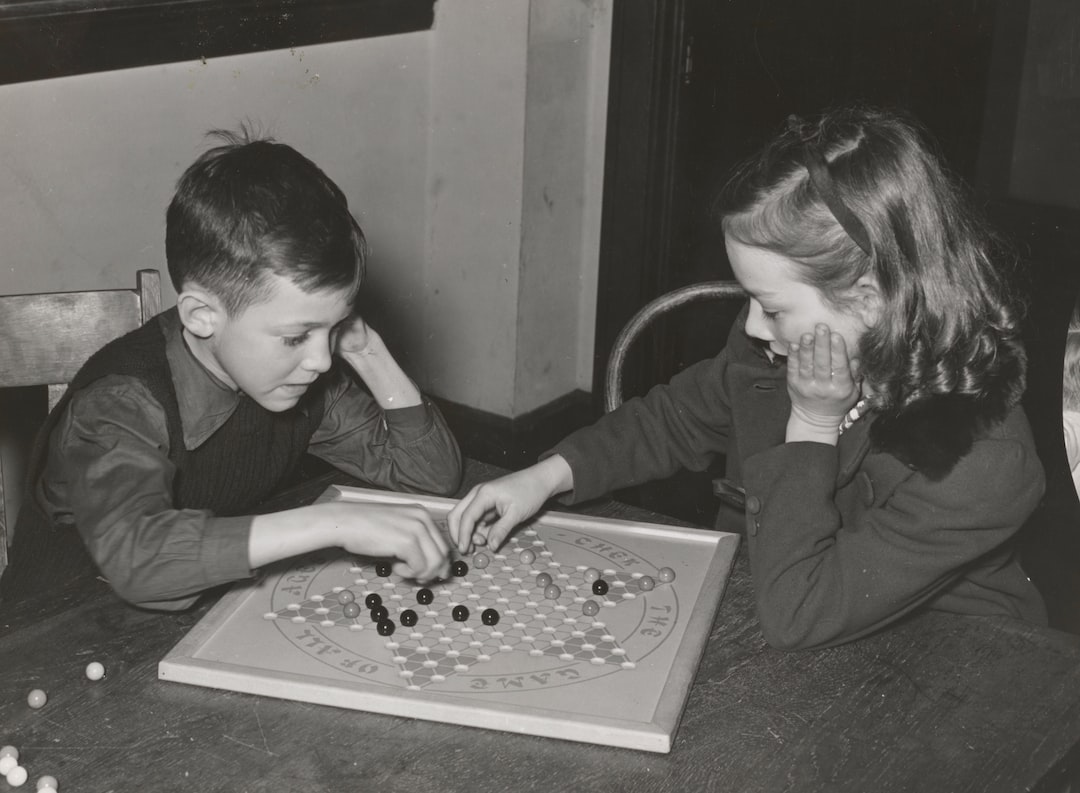Title: The Role of Gaming in Mental Health and Therapy
Introduction:
In recent years, with the advancement of technology, video games have evolved from being simple sources of entertainment to potential tools for mental health and therapy. As society continues to recognize the importance of mental health, researchers and professionals have begun exploring the benefits of video games in improving mental well-being. Today, we delve into the role of gaming in mental health and therapy, and how it can positively impact individuals.
1. Stress Reduction:
Video games can serve as a form of escapism, providing a break from the stressors of everyday life. Engaging in an immersive game world allows players to temporarily detach themselves from their problems, reducing stress levels and promoting relaxation. Moreover, certain game mechanics, such as solving puzzles or completing quests, can challenge players’ problem-solving and critical thinking skills, acting as cognitive stress relievers.
2. Cognitive Enhancement:
Video games that require strategic thinking, quick decision-making, and problem-solving can improve cognitive functioning. Studies have shown that regular engagement in action-based games enhances brain plasticity and helps individuals improve attention span, memory, and multitasking abilities. Consequently, these cognitive improvements can positively impact mental health by boosting self-esteem and confidence.
3. Social Interaction:
Online gaming platforms offer an interactive environment where players can connect with others globally. Online multiplayer games enable individuals to forge meaningful friendships, engage in cooperative game experiences, and build a sense of belonging. For individuals experiencing social anxiety or isolation, gaming can provide a safe space, alleviating these feelings through virtual socialization.
4. Therapy and Rehabilitation:
Gaming is also emerging as a viable tool in the field of mental health therapy. Gamified therapy sessions are being developed to help individuals manage anxiety, depression, and phobias. Virtual reality (VR) gaming systems, for instance, replicate real-life scenarios to expose patients gradually to their fears, providing a controlled environment for therapy. Additionally, video games can aid in cognitive and physical rehabilitation after brain injuries or strokes, facilitating the relearning of motor skills and enhancing neural connections.
5. Emotional Regulation:
Certain video games are specifically designed to address emotional regulation and foster emotional intelligence. Games that promote empathy, self-expression, and self-reflection can assist individuals in identifying and managing their emotions effectively. By encouraging self-awareness and empathy towards characters or situations, gaming can serve as a valuable tool in emotional growth and managing mental health.
Conclusion:
The transformative potential of video games in mental health and therapy should not be underestimated. The positive impact of gaming on stress reduction, cognitive enhancement, social interaction, and emotional regulation highlights the many benefits it can provide. As the field of mental health continuously evolves, integrating gaming as a therapeutic tool can significantly contribute to enhancing overall well-being. However, it is essential to note that gaming should be approached mindfully and in moderation, prioritizing a healthy balance between virtual and real-life experiences.

